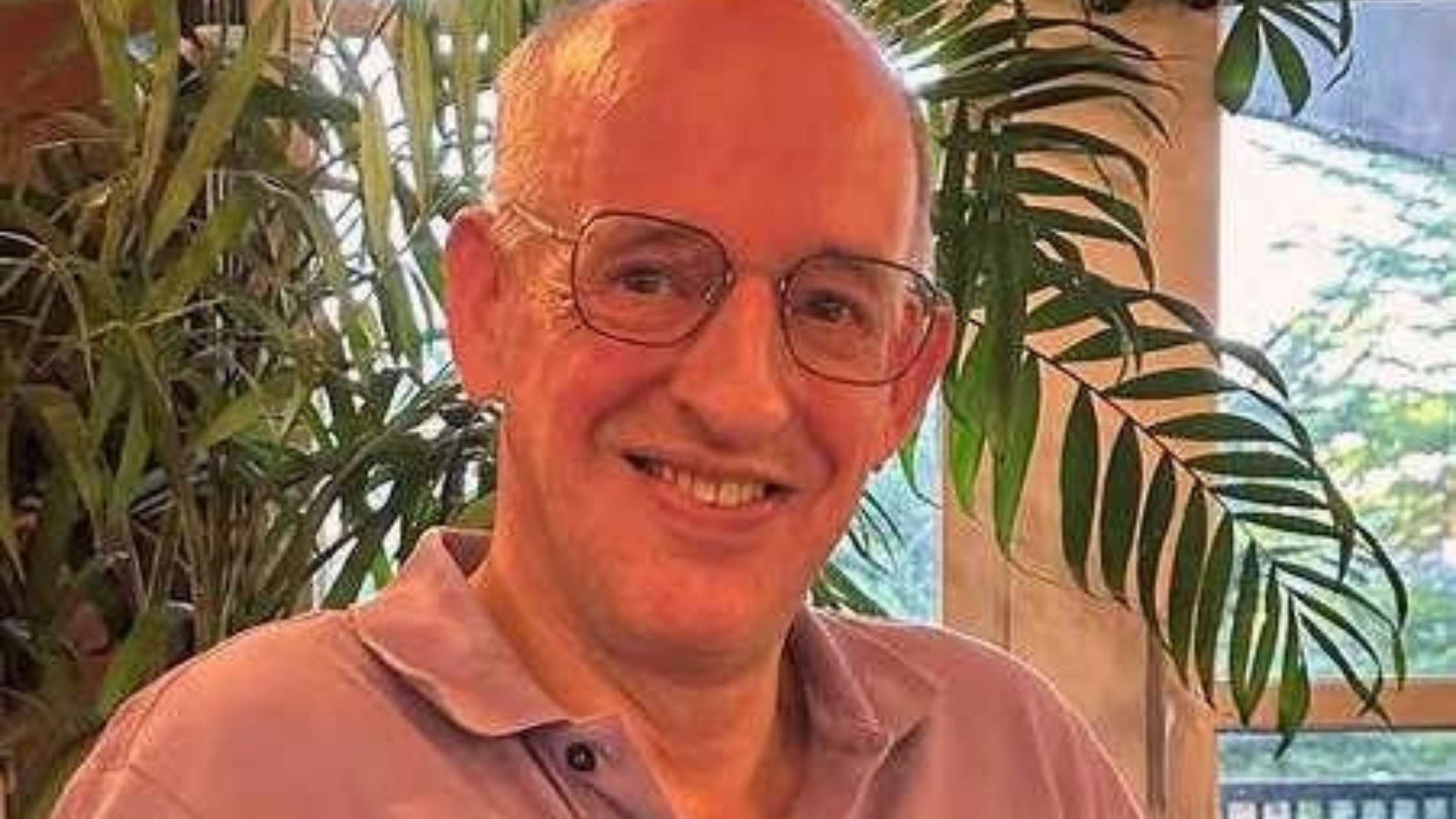When a common criminal is caught, he goes to prison. Nobody cares. The newspaper stories about the thief or murderer usually end when the prison sentence is handed down by the judge. When a political prisoner is in detention, many people care. The story goes on and on in the media. Often, after some time, the authorities regret having detained this political inmate because it keeps creating negative energy towards the authorities. The question then is how to stop the buzz. Basically, the two options are either a vigorous stop or an elegant fade-out. After defining “political prisoner” and describing three real-life examples with a Dutch connection, I will analyze some practical and proven solutions for a graceful fade-out.
There is no universal definition of a political prisoner. National criminal codes usually do not carry a section on “political imprisonment” because almost all nations deny that their own country detains political prisoners. Especially Western nations, however, are good at pointing the accusatory finger at other countries. Originally, a definition of “political prisoner” was developed for this purpose by the European Parliament in 2012. This definition can be helpful in analyzing whether political prisoners only exist in Russia, China or North Korea. The definition opens the door to five different grounds for political imprisonment. The first four grounds reflect extreme cases, not likely to happen within the EU or other Western countries. Any political prisoners in such countries would probably be convicted under standard criminal-law regulations. The final ground is therefore the most interesting to use in cases in Western nations. This ground applies to a person deprived of personal liberty as a result of proceedings which were clearly unfair, and which appear to be connected with political motives from the side of the authorities. Obviously, this ground makes it possible to test if a person convicted under standard criminal law is in fact a political prisoner, also in Western countries. We will test three cases with a Dutch connection on the questions whether they are cases of political imprisonment, and how to find an elegant solution for the situations in question.
Four centuries ago, Hugo de Groot was an early defender against the long-arm justice of Portugal and Spain, superpowers which had divided the oceans of the world between themselves, with the blessing of the Pope. In a thin but influential book, this Dutch scholar from Leiden University outlined in which cases a country can claim possession of territorial waters, and why no country can claim jurisdiction over the high seas, as these are common property to all. He also describes how new land can be created from the sea, and how – contrary to the high sea – this land can in fact be considered a possession. The theme still has relevance today, as we can see in the current developments around the South China Sea. In his late twenties, the young scholar anonymously published this masterpiece De Mare Liberum, which was translated as The Free Sea in the Liberty Fund 2004 edition. He probably understood that his writings could be considered controversial. Later in life, he was less careful. He openly chose a liberal political as well as theological stance against orthodox Calvinists. The conflict escalated, and Hugo the Groot was at the forefront of the opposition against the strict orthodox believers of predestination. Even King James I of England and Maurice, Prince of Orange (a tenth great grand uncle of the current Dutch King Willem-Alexander) found Hugo Grotius to be out of line. Politics were at the heart of this matter, not criminal law. One fellow non-aristocratic liberal lawyer was beheaded following a mock trial. Another was sent to prison. Our scholar was arrested and imprisoned – albeit in a comfortable castle – for life, without his gold but with his beloved books and his wife Maria. Maria was not sent to Loevestein Castle as an added punishment to Hugo’s life sentence: legend has it, she was sharp-witted enough to plot her husband’s escape. Maria hid her husband in a chest in which supposedly books were being sent back to a library. The couple then fled to the romantic 6th arrondissement of Paris, where they lived happily ever after near Saint-Germain-des-Prés. That is the beautiful legend, and it may have inspired Renault/Nissan CEO Carlos Ghosh when he felt he had enjoyed Japanese hospitality long enough. Another question: had the guards at the formidable Loevestein Castle really been so stupid as to not look inside the huge wooden chest with breathing holes when it left the prison, or were they turning the proverbial blind eye? The members of the now royal House of Orange have been known for more than half a millennium to be pragmatic people, and the exile to France may well have been a “win-win situation” for all involved.
Nelson Mandela was detained as a political prisoner in South Africa in 1962. He spent 27 years in prison, most of those years under harsh conditions. In the years leading up to his imprisonment he was a lawyer, which, combined with his aristocratic background as well as his Marxist interests, must have made him an interesting individual for the minority-rule white authorities to keep an eye on. The word apartheid is a Dutch word, and unfortunately not only the British but also the Dutch have had strong colonial ties to South Africa. In an earlier court case in 1952, an interesting one for the topic of how to deal elegantly with political prisoners, Mandela was convicted to 9 months of hard labor as punishment for the “criminal act” of Statutory Communism. This was clearly a political conviction, and it fits the European Parliament’s definition of political imprisonment. The sentence was suspended for two years in exchange for a ban on public appearances by Mandela. Several times, the apartheid regime prolonged Mandela’s ban on public appearances, until in 1956 a trial against him for high treason was started. The so-called Treason Trial lasted six years and ended in a wise not-guilty verdict in 1961 due to a lack of evidence. In 1962, Mandela, who had been touring abroad, meeting famous politicians and an Emperor, taking a crash course on guerrilla warfare, and collecting cash for the ANC movement, was arrested upon returning to meet his comrades-in-arms. In a first trial, the presiding judge – again – came back with a not-guilty verdict for lack of evidence. The prosecutor subsequently reformulated his grievances and asked for the death penalty. In this retrial, the judge refused the death penalty, but handed down a life sentence. In the 27 years that Mandela was in prison, South Africa changed. The new generation of black leaders was more radical, and by the time Mandela was released, he was probably the white minority’s best bet to create a successful post-apartheid multiracial society.
Dési Bouterse is not a lawyer but a soldier. He is the former president of the Republic of Suriname, a country in South America which was once a colony of the Netherlands. In 2010, he was democratically elected president with 36 of 51 seats in Parliament. In the Netherlands, in 1999, Bouterse had been sentenced in absentia to an 11-year prison sentence for drug trafficking. Bouterse cum suis claim that the trial was politically motivated and that witnesses for the prosecution had been bribed by the Dutch government. In his own country Suriname, Bouterse has been convicted of killing political opponents and sentenced to 20 years imprisonment, a case he is now appealing. Bouterse is a public figure in the Surinamese community, which is based partly in Suriname itself and partly in the Netherlands. Astrid Roemer, a famous author of Dutch, Surinamese and Scottish descent, publicly supported Bouterse in 2021. Because of this support, the Belgian monarch refused to publicly laureate her – as is customary – when Roemer won the prestigious Prijs der Nederlandse Letteren, just a small step away from a Nobel Prize in Literature. The question here is what to do with a person like Dési Bouterse. He will probably be the first to confirm beyond any reasonable doubt that he is not a saint, nor a choir boy. But it would be a hassle for any country to lock him up in prison. In Suriname, he is widely supported. In the Netherlands, there would be mayhem in the press, putting behind bars the democratically elected former President of a long-time colony where unspeakable atrocities against slaves were committed by the Dutch. The options that could be discussed are along the same lines as those in both prior cases. Indeed, these are universal solutions that could also be considered in the Ms. Meng case, watched globally, where – whatever the legal facts are – a political solution is probably best. As it turns out, the basic options are to let the political prisoner or suspect simply go home; to negotiate a truth without carrying out a sentence; or to discuss a bigger political solution that can be a win-win for all parties involved. In common-law countries there is of course the possibility of the “plea bargain”, basically amounting to letting a political suspect of a financial crime go to their jurisdiction of choice, in exchange for the prosecution being able to save face by letting her plead not very guilty, imposing no fine, merely some rather vague obligations which are to ultimately be borne by Huawei. Such a DPA with the US DOJ is elegant enough in such a messy case. Two others in uncomfortable positions can also profit from this political solution and fly back to their home country as well. These gentlemen are not part of the DPA as published by the US Attorney’s office, so apparently the US Department of Justice sees no connection between letting Ms. Meng go home and the return of Mr. Spavor and Mr. Kovrig. The political suspect in Vancouver will not bear responsibility in person by entering into the DPA. Both financially and morally, the responsibility – if any – will be shifted to a legal person, and legal persons do not lose sleep over such issues.

Dr. Victor Meijers
Dr. Meijers’ main interests are corporate law and non-governmental organizations (NGOs), incorporated partnerships, and the trade register of the Chambers of Commerce. Victor Meijers was appointed by the Crown as civil-law notary by Royal decree on July 4th, 2005.
Dr. Meijers set up Civil Code on May 20th, 2005 as a Dutch public limited liability company (N.V.). DeHeng Civil Code is a dedicated Dutch law firm with Chinese roots that specializes in Dutch corporate law. DeHeng Civil Code can assist clients from all over the world in M&A work and corporate work governed by Dutch law or with Dutch law implications.


















